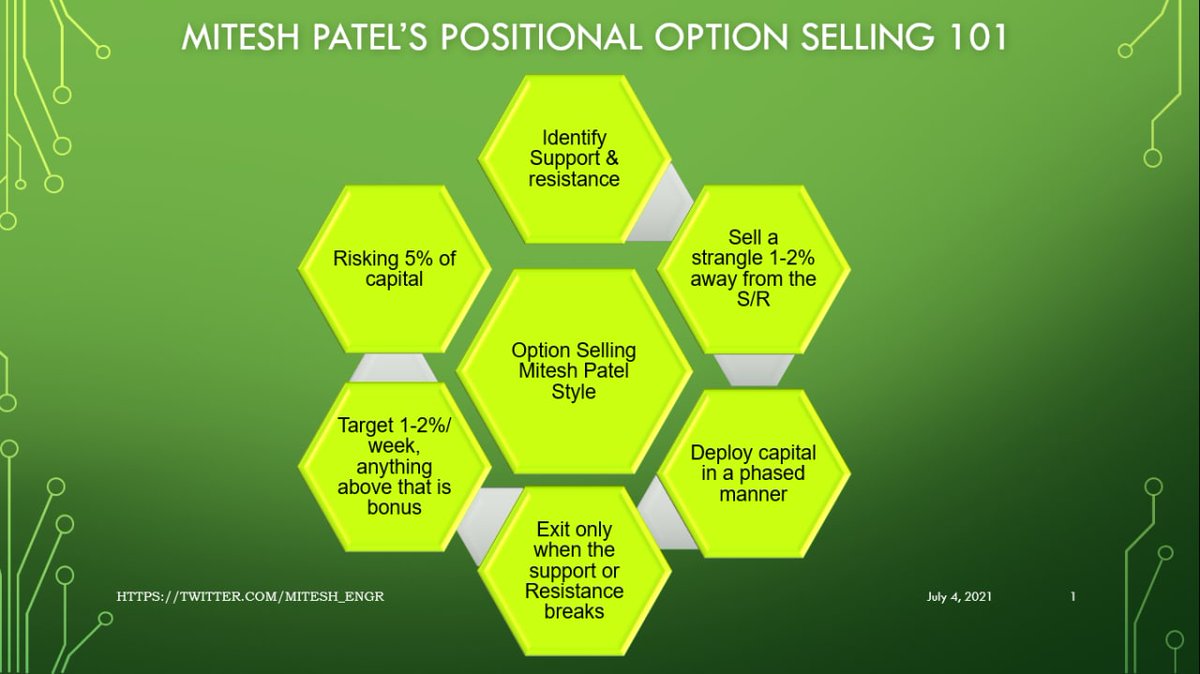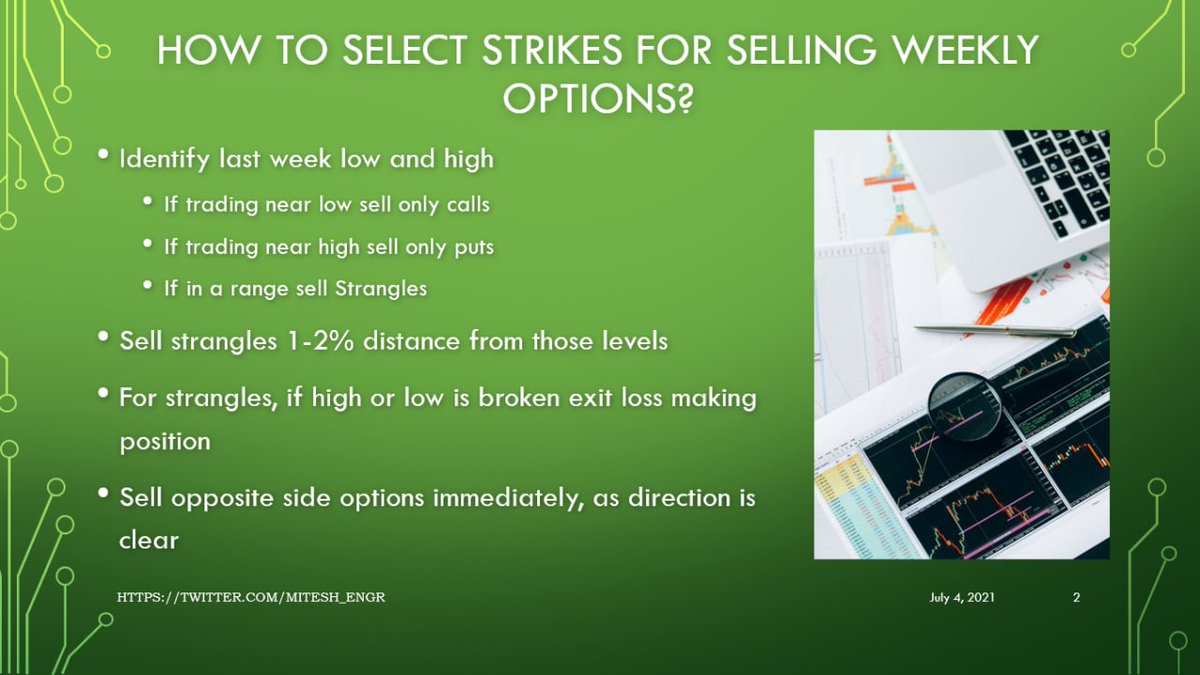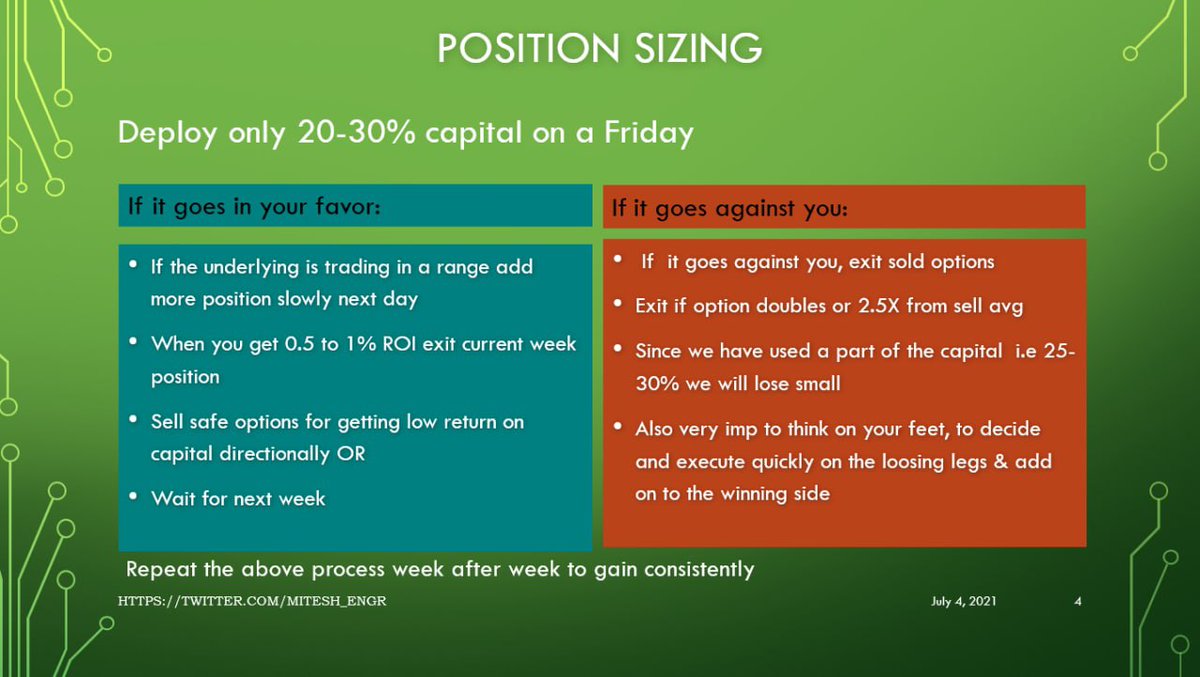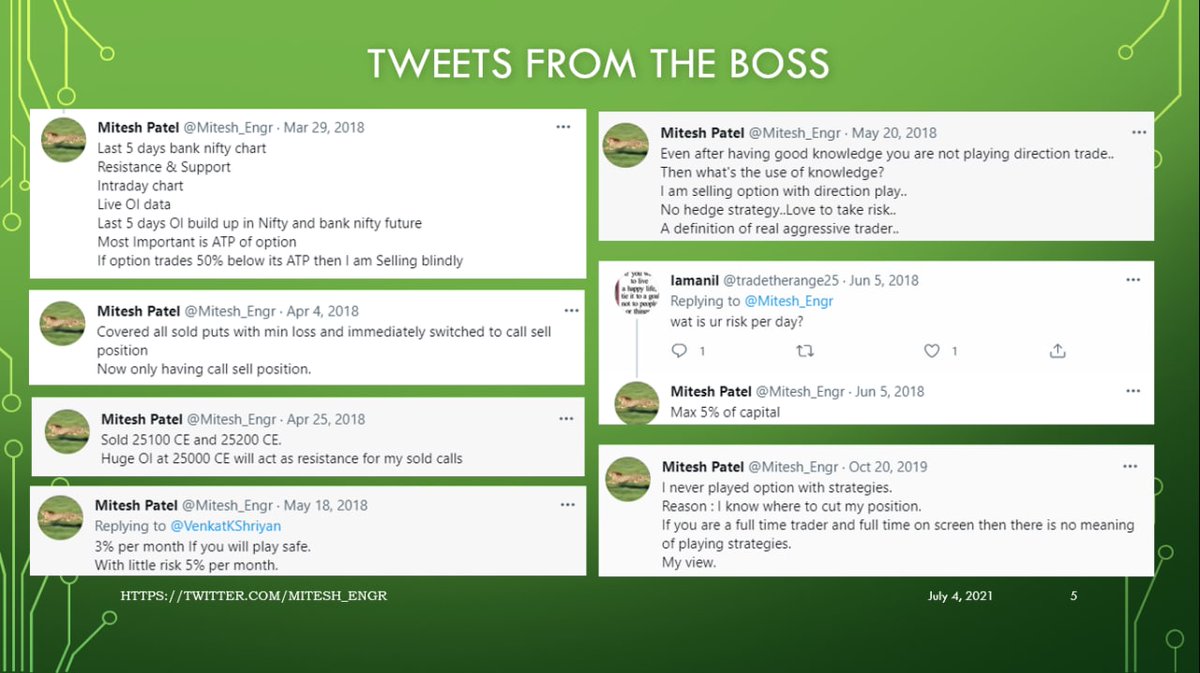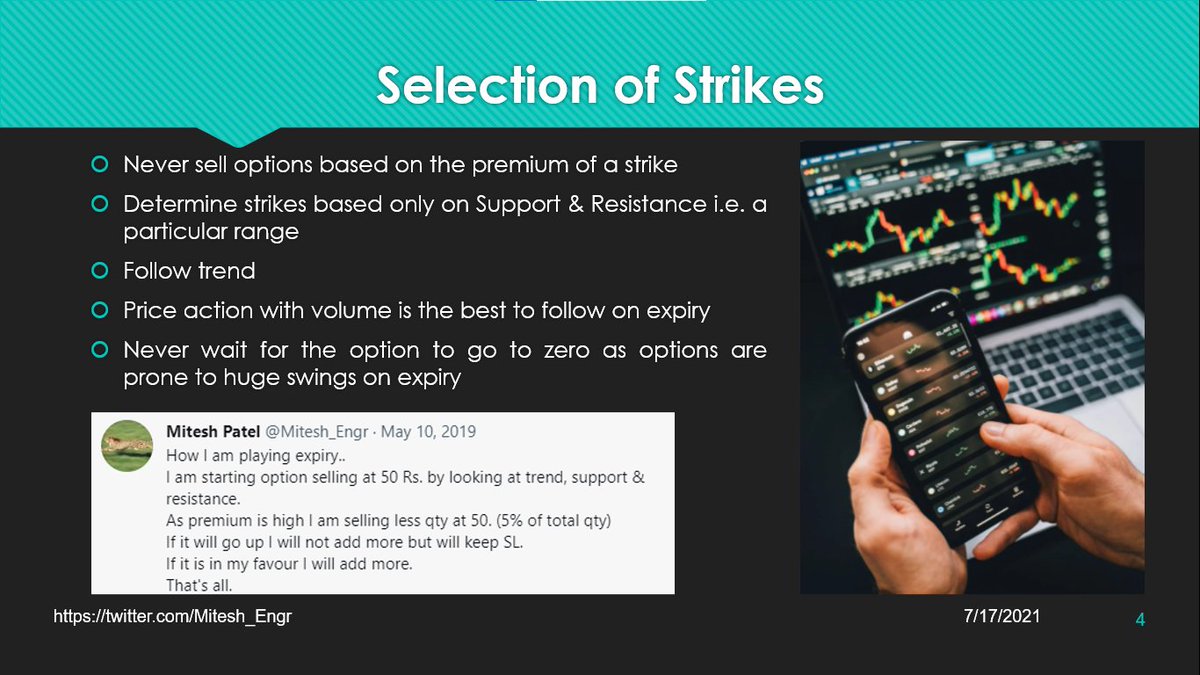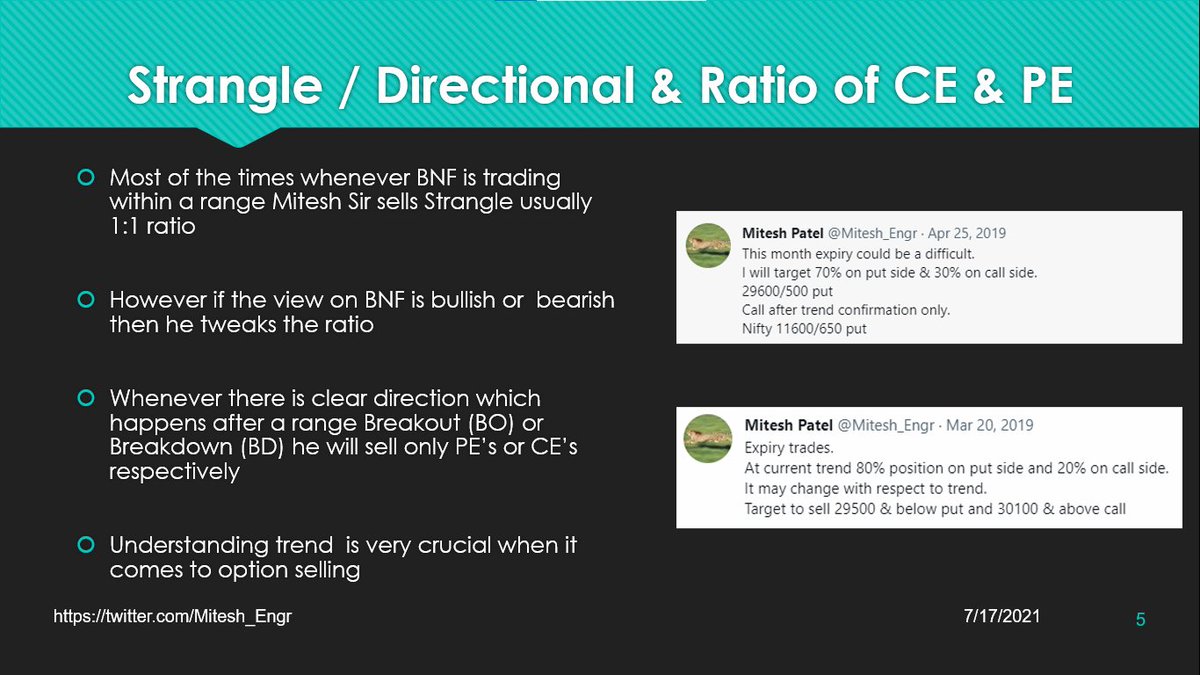@AriBerman More complicated than that summary suggests...
Who determined which Florida counties to recount?
What were the local voting issues?
The "Butterfly ballot", hanging chads...
537 vote difference over 3 counties -- and U.S. Supreme Court intervention.
More from Categorypdfmakerapp grab thisreadwiseio save thread
So 25% of Wharton students believe the average American earns more than $100,000 per year. Normally, I'd chuckle at how "stupid" these youngsters are. These days, I despair at the level of entitlement they display. If knowledge is power, America is really freaking weak, y'all.
I asked Wharton students what they thought the average American worker makes per year and 25% of them thought it was over six figures. One of them thought it was $800k. Really not sure what to make of this (The real number is $45k)
— Nina Strohminger (@NinaStrohminger) January 20, 2022
I asked Wharton students what they thought the average American worker makes per year and 25% of them thought it was over six figures. One of them thought it was $800k. Really not sure what to make of this (The real number is $45k)
Oh good, I went viral
A lot of people want to conclude that this says something special about Wharton students— I’m not sure it does. People are notoriously bad at making this kind of estimate, thinking the gap between rich and poor is smaller than it is.
This was indeed why I asked bschool students: I was curious if they were as biased as everyone else. Further reading: https://t.co/OrvHCbdJO7 and
Oh good, I went viral
A lot of people want to conclude that this says something special about Wharton students— I’m not sure it does. People are notoriously bad at making this kind of estimate, thinking the gap between rich and poor is smaller than it is.
This was indeed why I asked bschool students: I was curious if they were as biased as everyone else. Further reading: https://t.co/OrvHCbdJO7 and
You May Also Like
Krugman is, of course, right about this. BUT, note that universities can do a lot to revitalize declining and rural regions.
See this thing that @lymanstoneky wrote:
And see this thing that I wrote:
And see this book that @JamesFallows wrote:
And see this other thing that I wrote:
One thing I've been noticing about responses to today's column is that many people still don't get how strong the forces behind regional divergence are, and how hard to reverse 1/ https://t.co/Ft2aH1NcQt
— Paul Krugman (@paulkrugman) November 20, 2018
See this thing that @lymanstoneky wrote:
And see this thing that I wrote:
And see this book that @JamesFallows wrote:
And see this other thing that I wrote:










